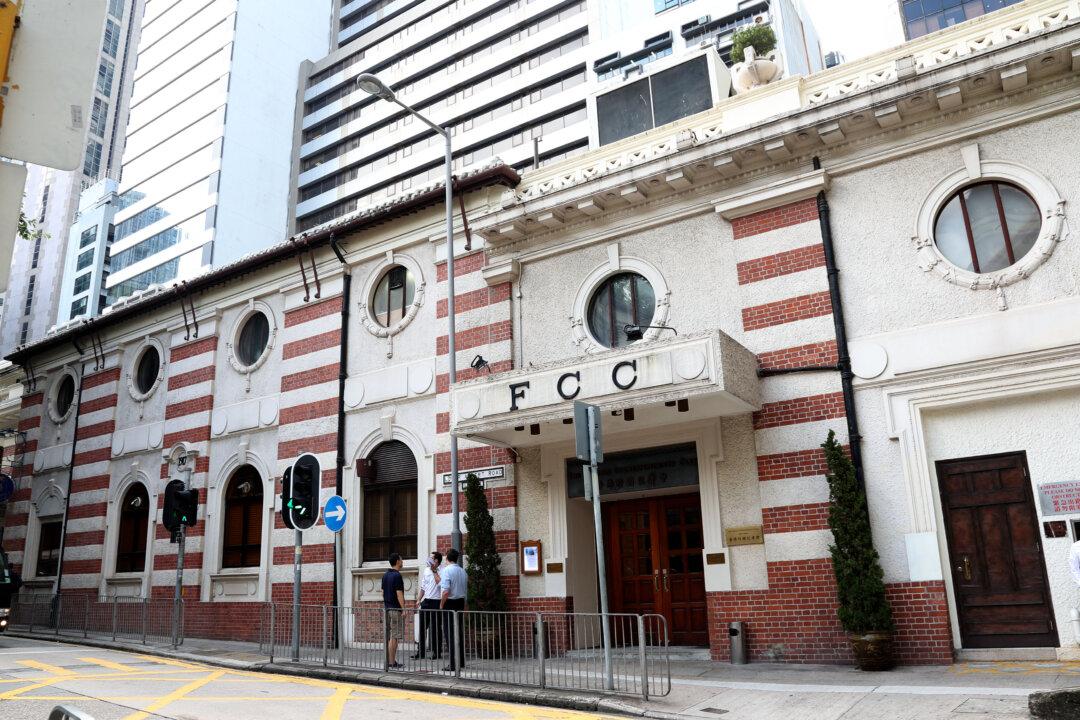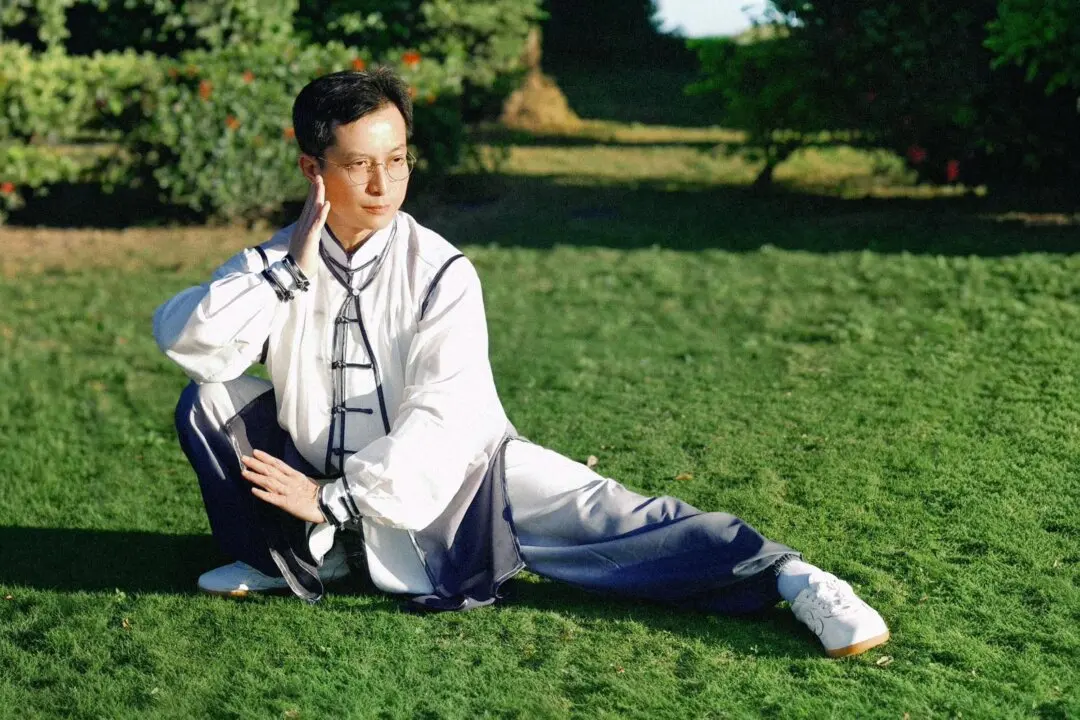The Hong Kong Foreign Correspondents’ Club (FCC) recently announced that its future public statements would be reviewed by lawyers who have experience handling national security cases and international media to ensure that the club will not violate National Security law.
Lee Williamson, FCC’s new chairman, said any statement made by the FCC must also be approved by 75 percent of the board members before public issuance.




